Get more insight into the competencies you gain by clicking on the respective module node in the spider diagram.
Mobile device: scroll-down for information
Click on the nodes to get more information
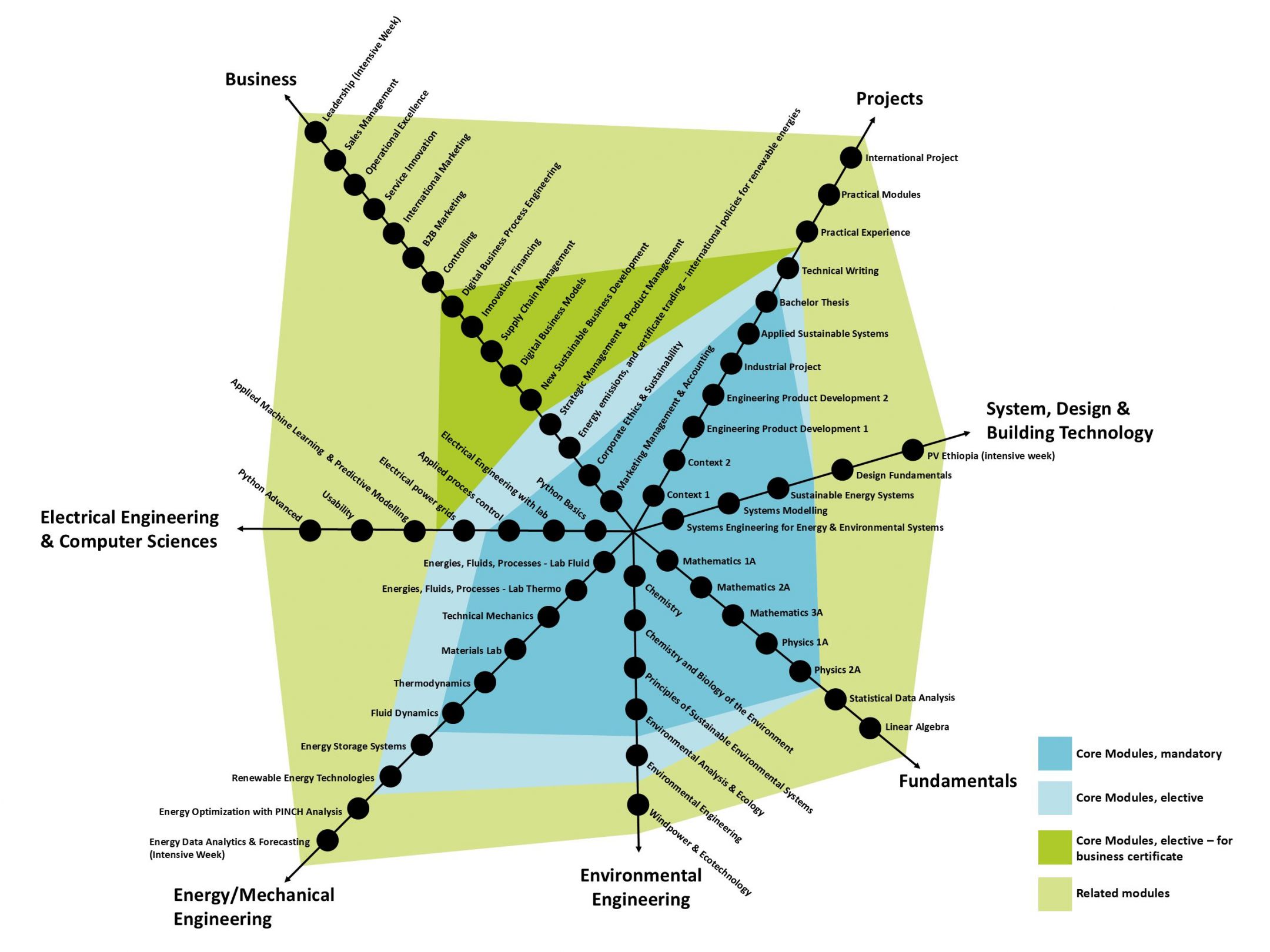
Mathematics 1A
Dr. Marco Antei
Elementary functions, Differential and Integral calculus of functions in one variable with applications. Modelling. Applications with Python.
Physics 1A
Dr. Sigrun Köster
Teaching the basics of mechanics. Dynamics of the center of mass on the basis of Newton’s laws, work, energy, momentum and their law’s of conservation. Statics and motion of fluids: hydrostatic pressure, buoyancy, continuity equation, Bernoulli equation, flow resistance.
Mathematics 3A
Dr. Marco Antei
Functions of several variables, partial derivatives, total differential, gradient, linear and non-linear optimisation of functions of several variables, integrals in dimension 2 and 3, applications to science, technology and economics, in particular using numerical software such as Python.
Electrical Engineering with Lab
Dr. Hans Kurmann
You gain solid basis in electrical engineering theoretically and practically, so that you are prepared for the module Electrical Engineering Consolidation.
Materials Lab
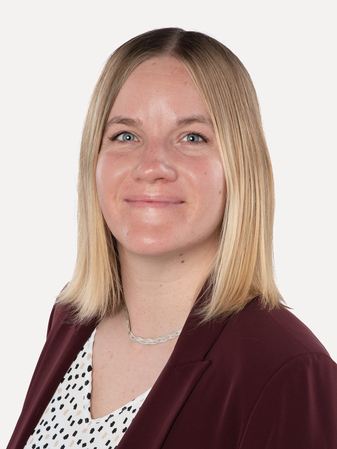
Priska Büeler
“You learn the basics of analysis and design of structures and the mechanical behavior of materials. This will enable you to understand the structural and mechanical concepts of environmental and energy systems.”
Energies, Fluids and Processes Lab Fluid
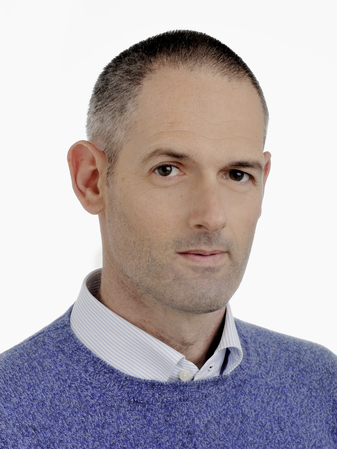
Prof. Dr. Ernesto Casartelli
You learn the fundamentals of thermo- and fluid dynamics necessary for future understanding of energy and environmental systems. You gain practical relevance through lab tests in the field of energy technology.
Energies, Fluids and Processes Lab Thermo
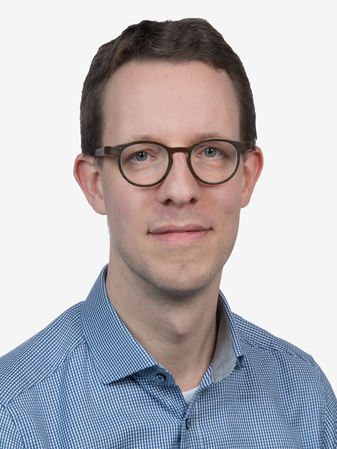
Prof. Dr. Mirko Kleingries
You broaden your knowledge of thermo- and fluid dynamics, consolidating it through large-scale experiments in the lab. It will prepare you for the module Thermodynamics and Fluid Dynamics.
Thermodynamics
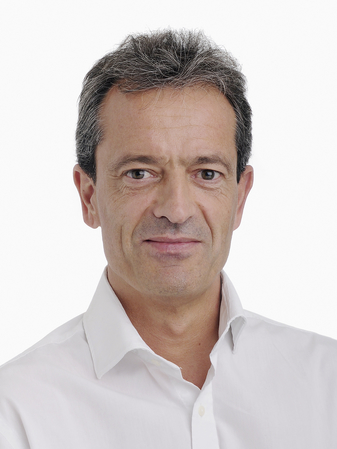
Prof. Dr. Ulf Christian Müller
You will consolidate your knowledge of thermo- and fluid dynamics. This will prepare you for future modules in the field of energy and environmental technologies.
Corporate Ethics and Sustainability
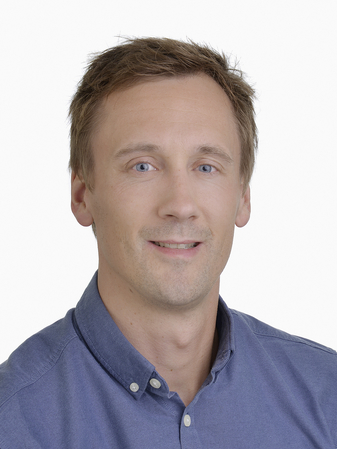
Prof. Dr. Claas Wagner
You learn the fundamentals of business ethics and corporate responsibility for a practical use in different management positions. You will be able to judge decisions from an ethical and sustainable point of view.
Sustainable Energy Systems
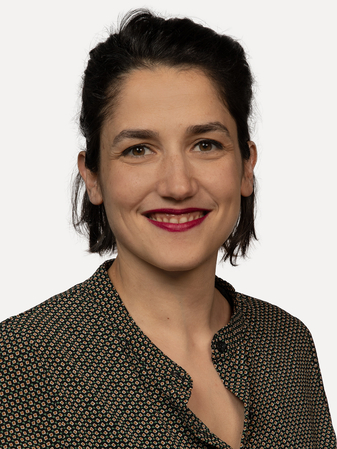
Dr. Anastasia Stamatiou
You learn how to assess energy systems concerning economic, ecologic and social sustainability criteria. You combine your competences from all your previous modules in order to identify and assess options to source, distribute, store and consume energy.
Systems Engineering for Energy and Environmental Systems

Dr. Macarena San Martin Ruiz
You learn how to design and manage complex systems. These skills enable you to create and assess systematically and holistically different options of a complex energy and environmental system.
Environmental Chemistry and Biology

Introduction to environmental chemistry and biology. Key characteristics of Earth’s spheres: geo-, hydro-, atmo-, bio-, and anthrosphere, supplemented by lab experiments. Element cycles and hazardous substances interacting with organisms.
Systems Modelling
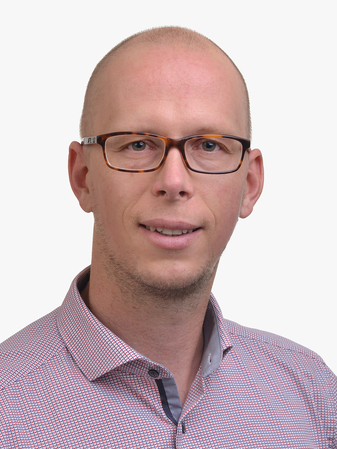
Dr. Matthias Berger
You learn how to describe, implement and solve a system mathematically, based on your knowledge of Systems Engineering and Mathematics. These competences enable you to assess energy and environmental systems quantitatively.
Environmental Analysis and Ecology

Prof. Dr. Claas Wagner
You broaden your knowledge of pollutants impact, climate change and causes of environmental problems. You learn how to apply analytical and economic tools for environmental analysis and assessments.
Industrial Project
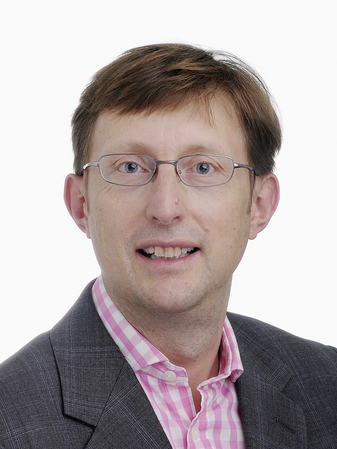
Prof. Dr. Shaun West
Your first independent project in energy and environment systems engineering in collaboration with an industrial partner. You will apply and deepen problem solving, project management, and professional competences so that you will be prepared for your Bachelor Thesis.
Bachelor Thesis

Dr. Anastasia Stamatiou
You gain the ultimate polish for a professional execution of a complex task from industry or research. You will document and present you scientific results convincingly by applying the problem solving, project management and professional skills you acquired during your studies.
Marketing Management and Accounting
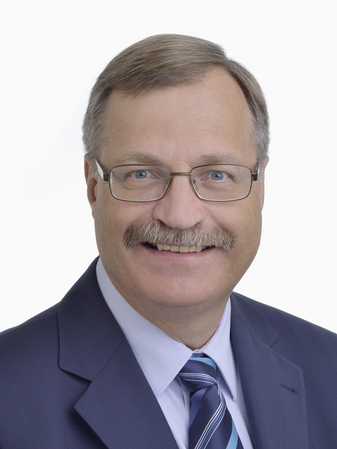
Prof. Dr. Michael Blankenagel
You learn the fundamentals of marketing as well as financial accounting. This module provides the tools to evaluate business decisions within your field from an economic perspective.
Engineering Product Development 1
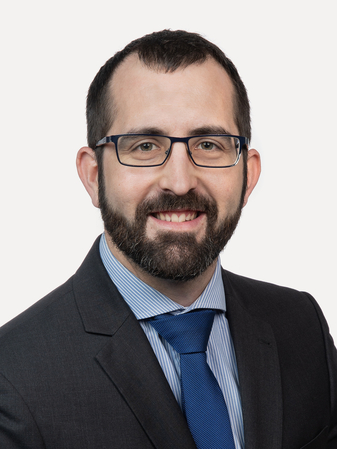
Dr. Simon Züst
“You strengthen your teamwork, project management and risk management skills through the development of an engineering product in a multidisciplinary team. You conceptualize the product, evaluate different solution concepts and validate your final solutions.”
Engineering Product Development 2

Dr. Simon Züst
You further develop your engineering product started in Engineering Product Development Project 1. You integrate the solution-parts, test and demonstrate the overall system concept. You learn about design and realization phases of a product and will compete with your solution against the other teams.
Python Basics
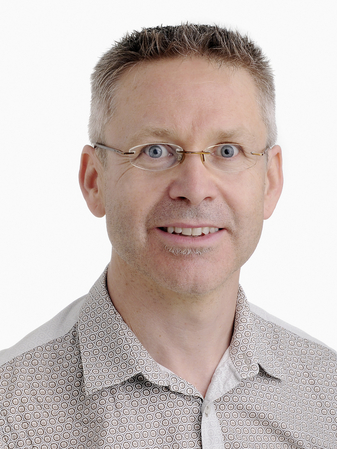
Prof. Dr. Martin Vogel
Introduction to Python programming with a focus on variables, operators, branching and loops using Jupyter notebooks. Learning how to use libraries such as numpy, pandas and matplotlib for mathematical calculations and data analysis. Covering data structures such as lists and arrays as well as basic concepts of file processing and error handling. Fundamentals of stochastics, including location and dispersion measures, regression, correlation and probability calculations
Applied Process Control
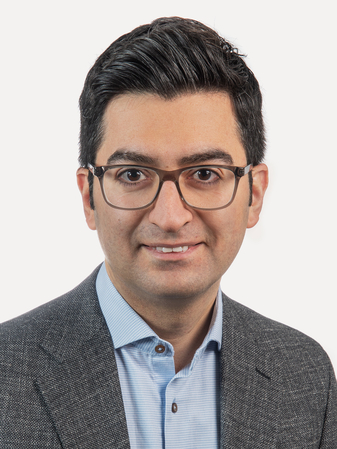
Dr. Armin Taghipour
You know the basics of control systems and can explain the closed-loop (feedback) solution. You can develop dynamic models for simple processes and exploit these models to design closed-loop controllers. Different examples, among them “energy” processes, will be analyzed, controlled and simulated.
Context 1
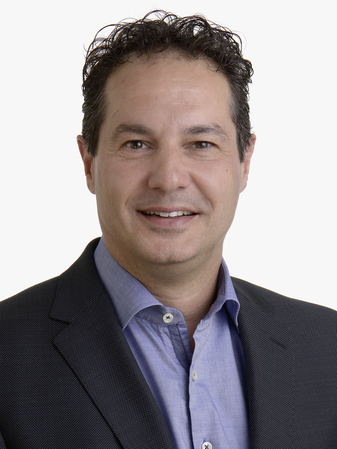
Dr. Piero Angelo Marangi
Step-by-step execution of a project by an interdisciplinary team of students, in product or process innovation coached by subject experts. Gain competences in the fields of project management, research, report writing and convincing presentations.
Context 2
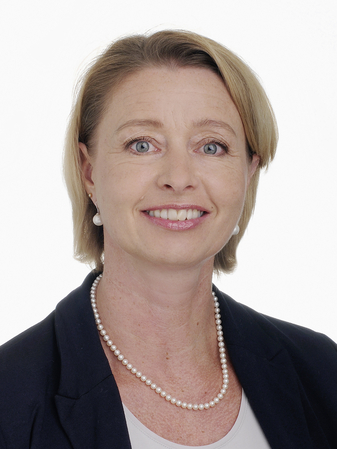
Petruschka Meyer
Based on some common communication models you improve communication skills. Learn how to communicate effectively and professionally in spoken and written form.
Energy Storage Systems
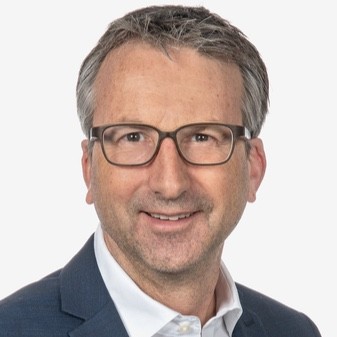
Prof. Dr. Jörg Worlitschek
You learn about key electrical, thermal and chemical energy storage technologies, the basics of smart grids, and the role of storages in energy systems. This module will prepare you to plan, dimension and assess storage systems within their system context.
Design Fundamentals

Hannes Felber
In this module you will gain a thorough understanding of the process of industrial design and its interdisciplinary context. Through practical exercises you will improve and strengthen your ability to innovate as well as your creative skills.
Design, Build and Commission Photovoltaic in Ethiopia
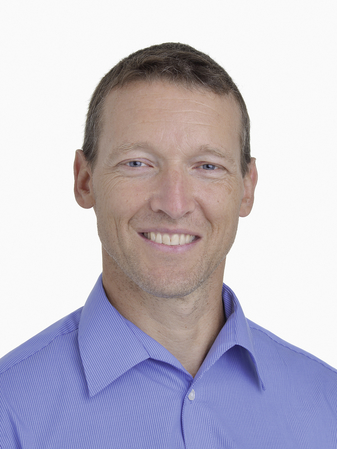
Prof. Roger Buser
You travel to Ethiopia and team-up with local students in order to size all components needed to run a small off-grid PV system at a rural health centre. These learnings are then used to construct and commission the PV installation and hand it over to the local operator.
Innovation Financing
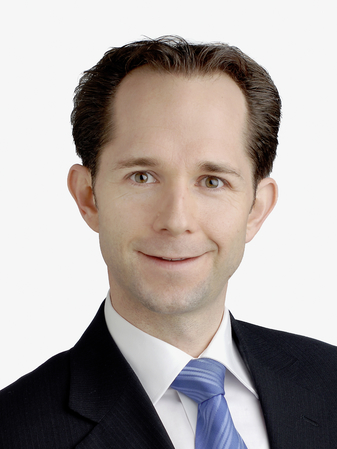
Dr. Matthias Aepli
This module introduces you to corporate financing and the various approaches to innovation financing. You will be prepared to design investment offerings with an adequate return to meet the investors’ expectations.
International Marketing
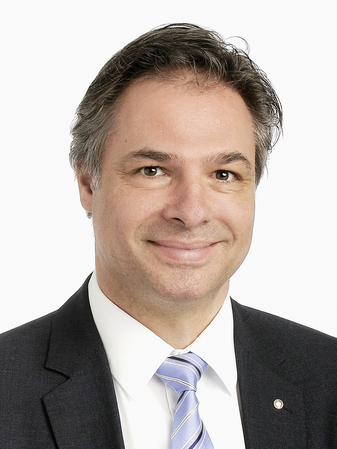
Prof. Dr. Sascha Götte
You learn to assess the international environment in a globally active company. You learn how to develop strategies and apply instruments so that you are prepared to develop, manage and organise international marketing activities. Students will apply their competencies in case studies and in a cloud-based business simulation in teams.
Linear Algebra
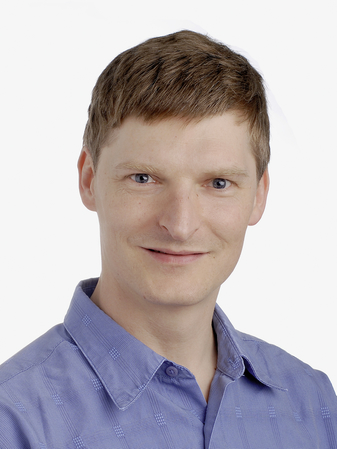
Dr. Peter Scheiblechner
This module teaches you the basics of linear algebra, including matrices and their decompositions.Furthermore, you learn how to recognize and model linear systems, to solve applied problems with algebraic and numerical methods, and to analyze data sets.You will be introduced into a numerical software.
Usability
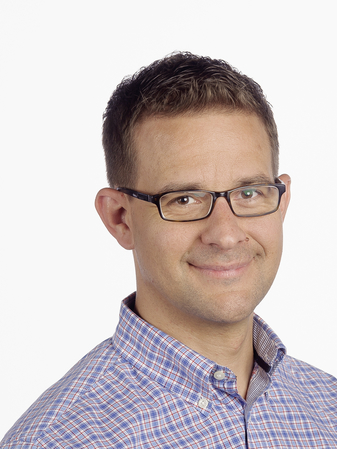
Dr. Marcel Uhr
You are introduced to the basics of interactions between human being and an interactive system especially in the field of graphical user interface design and you learn the fundamentals of usability. You will be able to apply the most important usability and evaluation methods and integrate them into a project.
Wind Power & Ecotechnology

Prof. Dr. Claas Wagner
You learn the basics of wind energy engineering, including how to determinate wind power potentials and estimate electrical power production of different kinds of turbines and systems. You will be able to assess the impact of wind turbines emissions on humans and ecosystems based on stakeholder and environmental impact analyses.
Supply Chain Management
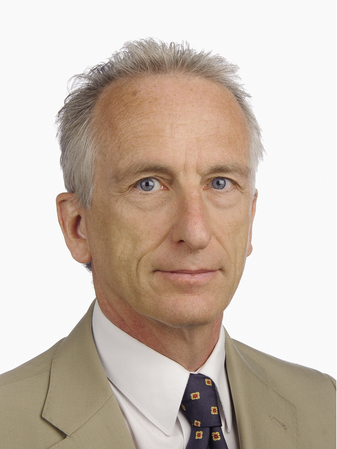
Fabio Mercandetti
Introduction to the Supply Chain of industrial companies, through examples from various businesses, analysis and discussion of business cases, including the use of Supply Chain simulations. Starting with a high-level view of the Supply chain across several tiers, then analysing in detail the Logistic activities in a company. Moving to Sourcing strategies and tools for strategic and operational Purchasing, Ending with Production, Costing, Risk management and Sustainability.
Service Innovation
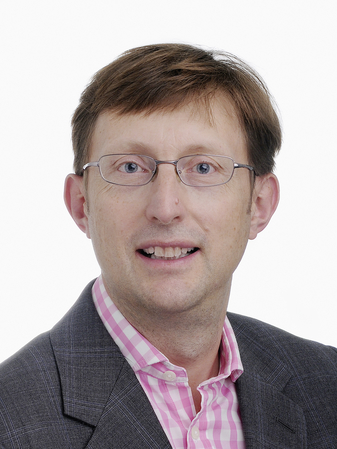
Prof. Dr. Shaun West
You are prepared to develop services along the lifecycle of high value capital equipment. You will learn to apply a variety of tools that will allow you to improve and innovate your existing services and create integrate product service systems.
Electrical Power Grids
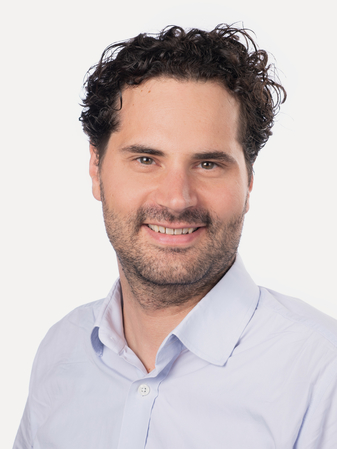
Dr. Jonas Mühletaler
You will learn about main components, current challenges as well as control and protection methods of electrical power systems. Furthermore, processes for the conversion of primary energy into electrical energy are introduced. This module prepares you to dimension and evaluate power grid systems by applying different analysis techniques.
Controlling

Prof. Dr. Michael Blankenagel
You learn how to manage a business and make decisions based on relevant – financial, market, process and environmental – information. Using this knowledge, you will manage your own company and compete against your colleagues in a simulation game throughout the term.
Strategic Mgmt & Product Mgmt
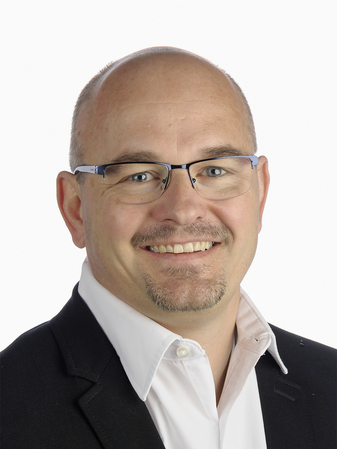
Prof. Dr. Patrick Link
In this module you will learn about the most important aspects of Strategic and Product Management. You will be introduced to a variety of controlling and management tools and will learn to apply them on systems solutions and services.
Energy, emissions, and certificate trading
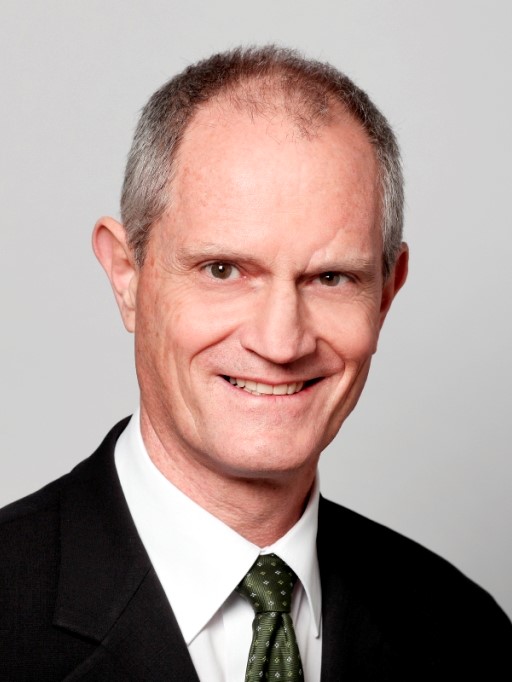
Arturo Egli
You will learn about trends, structures, and tools of trading and commercializing energies and emissions, with a focus on renewable energies. Additionally, you will get an overview of global agendas, innovations, and policy guidelines with their international ramifications.
Energy Optimization with Pinch Analysis
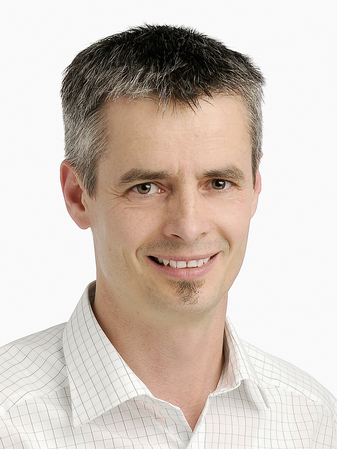
Prof. Dr. Beat Wellig
Learn the systematic approach to optimizing industrial processes and energy systems for greater efficiency and profitability using pinch analysis. The method exploits opportunities for energy savings, reducing the associated CO2 emissions markedly.
Operational Excellence
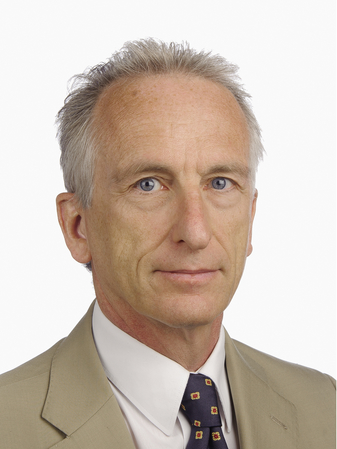
Fabio Mercandetti
Deepened analysis of the Supply Chain of industrial companies. in search of Excellence, based on the principles and tools of the Toyota Production System and its evolution into Lean Management. These concepts and tools will be explained and applied in several case studies and in a final production simulation over three days, so that participants will “touch with their hands” the significant difference between traditional and „lean“ approaches in Operations.
B2B-Marketing
Angelos Apostolidis
Basics, significance and delimitation of industrial goods marketing. Learn and apply the relevant concepts and marketing features in the field of industrial in the field of industrial goods. Development, discussion and application of the essential instruments with a focus on the focusing on the three central perspectives for determining a comparative competitive advantage and the four essential business typologies for the product, plant product, plant, system and supplier business.
Sales Management
Angelos Apostolidis
Inputs and business cases to understand, analyze, and optimize both distribution channels and sales organizations. Learn to lead, motivate and measure sales teams by setting appropriate objectives; to develop suitable sales strategies and tools; to understand and deploy key characteristics of sales psychology; to apply essential practices for sales control.
International Project

Prof. Dr. Christine Grimm
Want to know more about early stage innovation how to apply the method Design Thinking in a real life context? As part of a team of international students you will solve a real life challenge, work closely with an industry partner and take your ideas as far as the first business model!
Digital Business Process Engineering
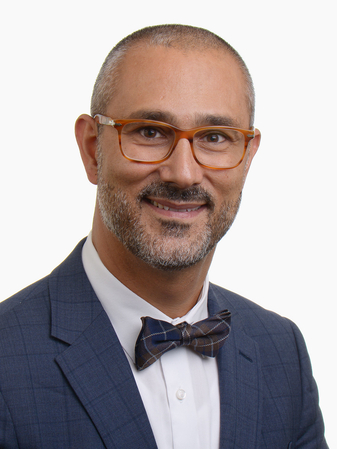
Prof. Dr. Clemente Minonne
Introduction to the basics, approaches and methods required for digital business process engineering. The basis for this is a cycle-based framework model that represents a typical management cycle. Various models, methods and techniques are used on the basis of concrete practical examples.
New Sustainable Business Development
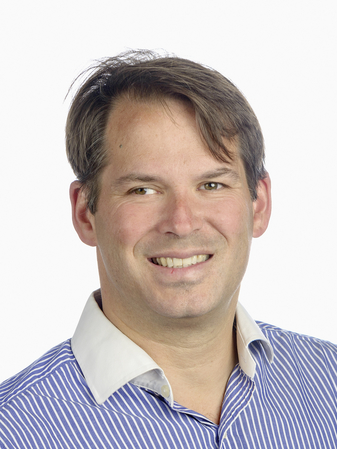
Prof. Dr. Michael Kellerhals
The module teaches how to design a new business development strategy and how to set up a related project. The presented framework is embedded in strategic management, business model innovation, corporate finance, and project management. The module strongly relies on case studies. The module covers intrapreneurship, ambidextrous organization designs, venturing, mergers, acquisitions, joint ventures, negotiations tactics, legal aspects, integration management /change management.
Digital Business Models

Prof. Dr. Michael Kellerhals
The module explains what business model innovation is, how it is embedded in strategic management and what is it used for. The module introduces the most important business model frameworks and provides hands-on guideline to select, develop, and apply them. In the course of studies an overview of the most important digital technologies will be provided as an enabler for disruptive business model innovations. The students will apply a business model innovation framework to a real-life (digital) case study.
Statistical Data Analysis
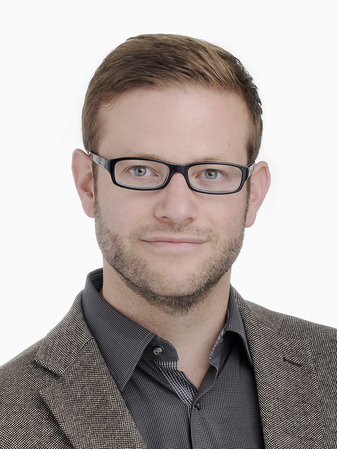
Prof. Dr. Mirko Birbaumer
Fundamentals of Bayesian and frequentist probability theory and statistics, understanding of key metrics and distributions, analysis of samples, addressing estimation and testing problems, setting up an appropriate experimental design, industrial process optimization
Practical Modules

Dr. Anastasia Stamatiou
Application and development of study-related subject-specific skills and knowledge as part of a project in a professional context; submission of project applications to the head of degree program; crediting of the acquired skills is made by semester.
Applied Sustainable Systems

Dr. Anastasia Stamatiou
In this module, students will have the opportunity to combine many of their acquired competencies in the topics of energy, environment, system engineering and modeling to solve a real-life sustainability challenge. The challenge of the module will stem from an existing research project running and HSLU and parts of the proposed solutions generated in the module could be implemented in the research project. The students will have the chance to interact with external partners connected to the actual research project.
Technical Mechanics

Priska Büeler
This course enables students to calculate simple static problems within the field of mechanics to pre-evaluate the support reaction, forces, momentum, stress and strain acting inside a body to determine its strength and safety.
Fluid Dynamics

Ulf Christian Müller
In-depth treatment of conservation theorem in fluid mechanics. Potential theory and application to frictionless flows. Importance of friction (dissipation), boundary layers and effects in practical applications. Resistance of flowing bodies. Dimensional analysis, similarities and key figures. Treatment of compressible flows (supersonic).
Principles of Sustainable Environmental Systems

Dr. Macarena San Martin Ruiz
Introduces sustainable environmental engineering: analysis/improvement of systems/processes. Covers sanitation, noise, emissions, waste, water, micropollutants. Via lectures, labs, excursions, cases, students gain skills for sustainable solutions.
Mathematics 2A
Dr. Marco Antei
Complex numbers: normal and polar forms, Euler’s formula. First order differential equations: basic definitions, Euler’s method, method of separation of variables and method of variation of the constant. Second order differential equation: Different types of differential equations in particular linear equations, homogeneous and inhomogeneous. Several applications to real word problems, in particular to harmonic oscillations.
Physics 2A

Dr. Jorge Martinez Garcia
The basics of thermodynamics, oscillations and waves are studied. Main topics are the ideal gas, the first and second law of thermodynamics, cyclic processes in the pV diagram, as well as the thermodynamic efficiency. Harmonic, damped and driven oscillations are investigated. The study of harmonic waves, especially sound waves complete the semester.
Technical Writing
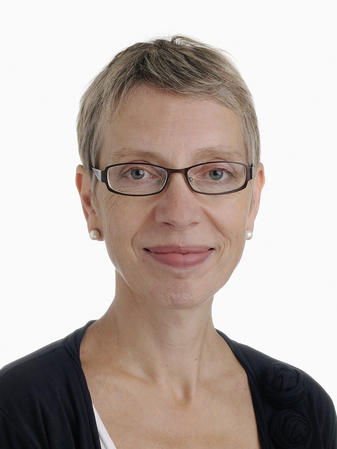
Prof. Irene Dietrichs
The module TECW enables students to consolidate the skills they need when writing a scientific technical report on a project that are required at Advanced level in the Bachelor of Engineering degree program. Students write a scientific project report for their Industrial Project (PAIND). To this end, they prepare an Exposé to gain clarity about the initial situation and their research approach and to argue these coherently. In addition, they submit 2 more chapters of the final report (PAIND). Individual Coachings (1-1) support them to gain those skills.
Digital Business Process Engineering

Thomas Schwank
This module provides an introduction to the fundamentals, approaches and methods required for digital business process engineering on the basis of a cycle-based framework model (5 phases), which represents a typical management cycle. Different models, methods and techniques are applied, based on concrete practical examples. Transfer of knowledge is been facilitated and active work is necessary (group exercises, case studies).
Leadership (Intensive Week)

Prof. Dr. Michele Kellerhals
Students shall understand the concept of leadership and its different aspects and success factors by looking at themselves, their teams and organizations. The training will be based on basic theoretical concepts but to make it more applicable in real life one of the key elements of the training is practicing with tools that leaders apply to be successful. One of the aims of the training is to prepare the students for their future roles as leaders: project leaders or product managers.
Applied Machine Learning & Predictive Modelling

Prof. Dr. Mirko Birbaumer
Regression Analysis: Multiple linear regression with parameter estimation, graphical model validation, variable transformations, prediction and confidence intervals for target variables, statistical tests and confidence intervals for parameters, variable selection, ridge regression, Lasso.
Classification: Concepts of classification, logistic regression, CART, random forests, support vector machines (SVM), and model evaluation through cross-validation.
Time Series Analysis: Descriptive time series analysis, STL decomposition, autocorrelation, AR and ARIMA model with parameter estimation.
Advanced Python
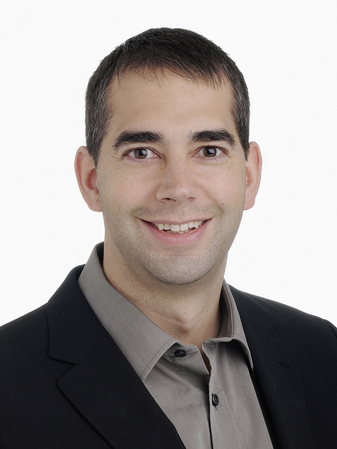
Christian Jost
Advanced Aspects of Object-Oriented Python Programming with practical tasks on a provided Raspberry Pi. Coverage of the Linux operating system and insights into the integration of Azure and SQL databases, as well as the advantages of MQTT communication.
Practical Experience
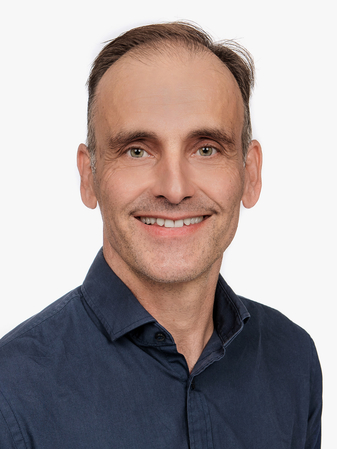
Dr. Martin Streicher-Porte
The module TECW enables students to consolidate the skills they need when writing a scientific technical report on a project that are required at Advanced level in the Bachelor of Engineering degree program. Students write a scientific project report for their Industrial Project (PAIND). To this end, they prepare an Exposé to gain clarity about the initial situation and their research approach and to argue these coherently. In addition, they submit 2 more chapters of the final report (PAIND). Individual Coachings (1-1) support them to gain those skills.
Energy Data Analytics & Forecasting (Intensive Week)
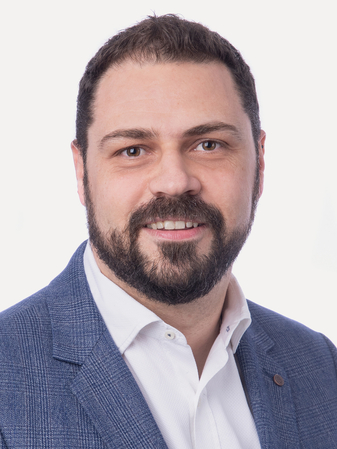
Dr. Antonios Papaemmanouil
In this intensive week, we consider how machine learning can be used to help solve the energy forecasting problem. the participants will apply those algorithms to specific use cases regarding photovoltaics, e-mobility, storage or self-consumption optimization in order to predict load and/or production. Real-world data will be used, and practical experience will be provided by the experienced lecturers that facilitate the course. Through your project you will have practical examples that can be taken forward in your academic or professional life.
Renewable Energy Technologies
Sebastian Amman
This module provides a comprehensive overview of renewable energy technologies—solar, hydropower, bioenergy, and others (e.g. wind, geothermal)—and their integration into modern power systems. It covers core technical principles, system sizing and grid‐connection, plus the economic, regulatory and environmental contexts that shape deployment.
